UtoPi was the Imaginary Sense team’s response to the IBM Call for Code, an initiative by the David Clark Cause to create practical, effective, and high-quality applications based on cloud, data, and artificial intelligence that can have an immediate and lasting impact on humanitarian issues.
During hurricane Maria, and for months after, electricity was out and communications were severely impaired. People had no way of knowing the status of their surroundings but to actually visit them. Radio stations were saturated with people trying to communicate to their beloved ones and not enough was known about anything. For weeks streets were in chaos as people roamed looking to fill their basic needs of gas, water, food, doctors and medicine. That brings us to UtoPi…
UtoPi is a mesh network of energy efficient miniature computers, that allows citizens, government agencies and NGOs to generate reports and find information of the citizens’ needs, relevant to their geolocation. It takes advantage of low frequency public radio airwaves, which allow for low power, long distance mesh communications, uses GPS to generate location relevant status reports, and an ePaper display for a long lasting battery life.
UtoPi computers can synchronize with a Cloudant database from an access point placed at important sites, such as water oasis, shelters, and aid distribution centers. Each device comes with an easy to use Qt front-end, made with UX in mind to quickly generate reports and access relevant information. The GUI interacts with a local back-end API, which coordinates interactions with distributed Cloudant Databases and UtoPi access points.
Both the software and hardware behind in UtoPi is fully free and open source, so people are able to build or implement their own with open components if they cannot get their hands on a pre-built solution. We believe UtoPi is a tool that will make it easier for a society to organize itself in the events of a crisis where traditional means of communication are simply unavailable. It will also provide access to more reliable and open information in the aftermath of a disaster.
Current Status
Due to a series of events we’re unable to say much about, given there’s an Non Disclosure Agreemenfort, our team was unable to submit this project to the IBM Call for Code 2018. Before UtoPi is ready for production, we need to invest in further R&D to reduce the time it takes to replicate the database to all devices in a crowded space, with limited bandwidth.
The following presentation gives a summary of the project and information on how much time and money is needed before taking UtoPi into production.
Back End
https://github.com/javiercordero/UtoPi-backend
Front End
https://github.com/javiercordero/UtoPi-frontend
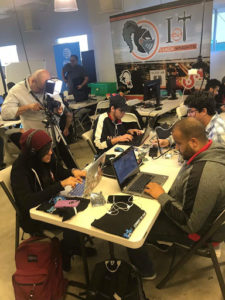
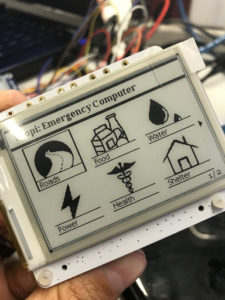

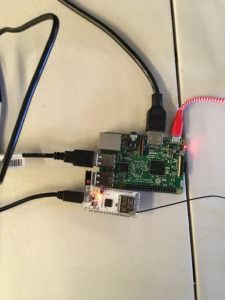
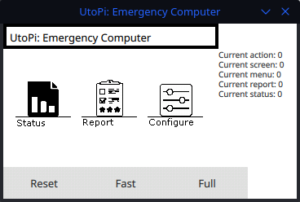

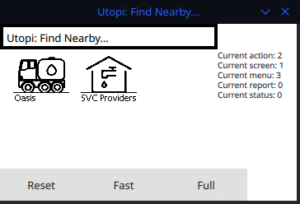



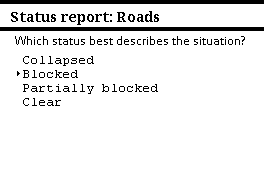
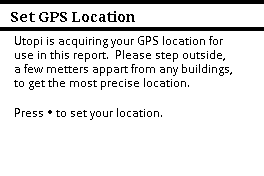
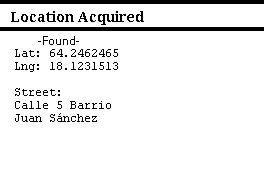
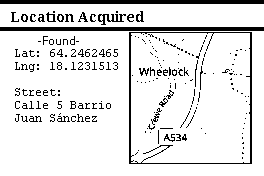
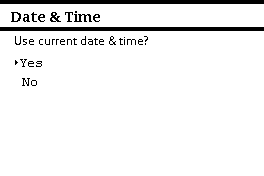

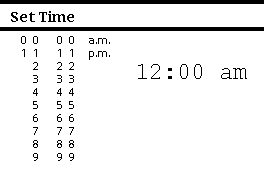
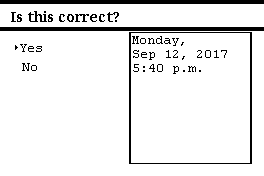
Comentarios por Javier O. Cordero Pérez